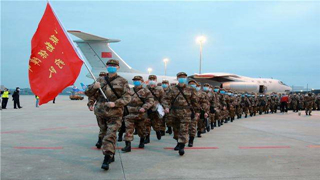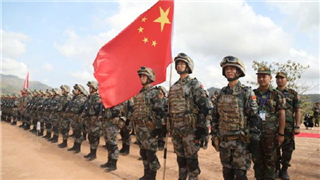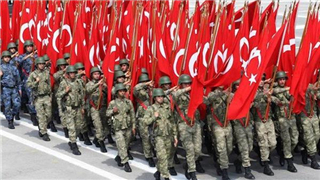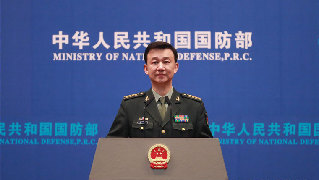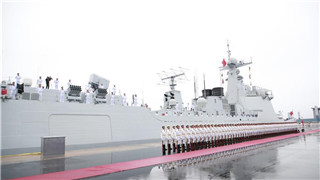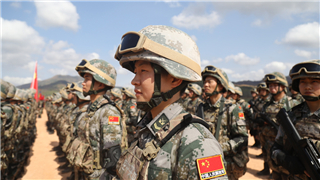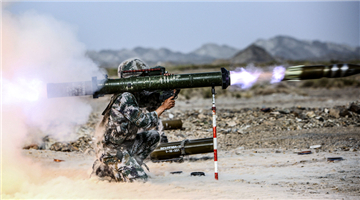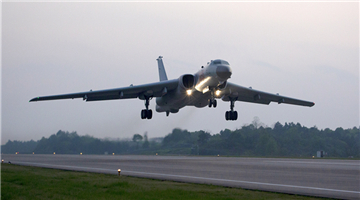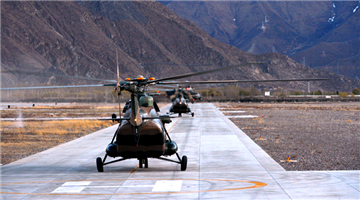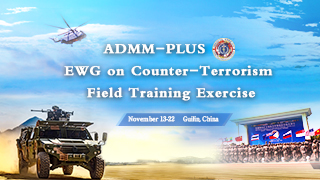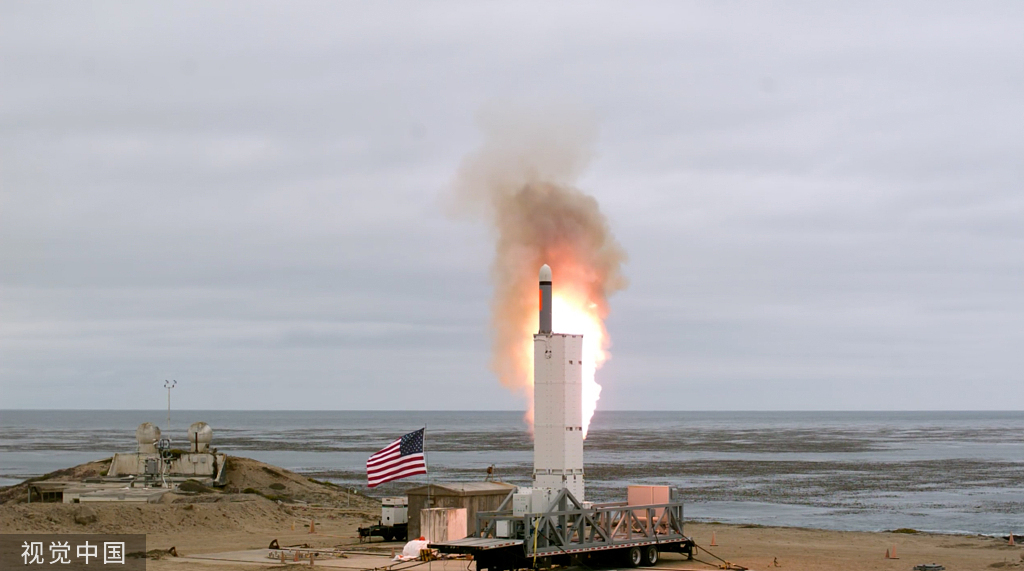
By Guo Xiaobing
The US Department of State recently issued the 2020 Adherence to and Compliance with Arms Control, Nonproliferation, and Disarmament Agreements and Commitments (Compliance Report), which hyped up how China has failed to honor its commitment to the nuclear testing moratoria. This wasn’t the White House’s first attempt to fake big news in the arms control field.
After tearing the Iranian nuclear agreement, revoking the former administration’s signature on the Arms Trade Treaty, exiting the Intermediate-Range Nuclear Forces (INF) Treaty, and planning to pull back from the Treaty on Open Skies, why has Washington repeatedly taken surprising moves in the arms control field?
Arms control is an important aspect of the current US administration’s Whole-of-Government Approach (WGA) to major-country competition and a pivot of its security aggression. Adhering to this strategic positioning, American officials showed great interest in arms control in the past two years and repeatedly proposed the trilateral arms control negotiations among the US, Russia, and China.
From the US perspective, the current international arms control system no longer fits its security interests and needs bold and extensive restructuring. Christopher Ford, Assistant Secretary of State for International Security and Nonproliferation, is one of the few arms control experts in the Trump administration. In his speech at the International Institute for Strategic Studies, a British think tank, in February, Ford said the current international arms reduction system was created in the early post-Cold War period when the West was in a dominant position and designed based on an optimistic forecast of globalization. As China and Russia are catching up with the US in military strength, this system is no longer appropriate, he said, adding that it puts the US at a disadvantage in many ways instead of maintaining its supremacy.
At a disadvantage, Washington has figured out three remedies to change this situation. The first is pulling back from various treaties in order to seek absolute superiority in every related field. The second way is delaying. It had abandoned the Obama-proposed “nuclear-free world” and instead called for “creating the environment for nuclear disarmament”, intending to drag the process into the far future. The third way is pulling other parties in. In total disregard of the fact that China lags far behind the US and Russia in the nuclear force, it tried to pull China into a trilateral negotiation and tie its hands, with the ultimate goal of restraining or even collapsing the rival and succeeding in the major-country competition through the combination punches of arms race and arms control as well as the trade war and tech war.
Fully conscious that what it’s doing is groundless and unpopular, the US, to secure support from its western allies, has launched a public opinion campaign in the world in a bid to foster a new arms control culture and thinking and build a united front against China and Russia.
The Trump administration is bent on blazing out a new era of arms control, which, however, will probably bring disaster to the world. The current arms control system isn’t perfect and needs reform and improvement to keep abreast of the developing times and the changing international situation, but it has played an important role in maintaining international peace and stability. Washington’s arbitrary destruction of this system for its own categorical superiority will stimulate a new round of arms race, worsen the international security situation and increase the risks of major-country conflicts. The Cold War, as the name indicates, was because it was under the restraint of arms-reduction treaties. Once these treaties are cast into the wind and major-country disputes escalate, there will not only be a second Cold War, but a hot war is also likely.
Meanwhile, the US, sticking to an ideological struggle, has stubbornly politicized the arms control issue, stigmatized all proposals by China and Russia, and hyped various sensational theories about the strategic threats from those two countries. This will undoubtedly deepen their strategic mistrust and is in no way good for the arms control process. Besides, the arms control reform advocated by the Trump administration is still based on the paramount principle of “America first” without heed to the security concerns of its allies.
US government’s recent moves and statements all indicate that China is one of the main targets of its so-called reform of arms control system, for which we should be fully prepared. Arms reduction was at the heart of the strife between the US and the Soviet Union during the Cold War, but the nuclear weapon isn’t at the heart of the China-US relationship now that is more complex than the US-Soviet relation then, yet Washington, obsessed with the concept of major-country competition, is determined to make a big fuss over it.
In the face of the counter-currents and challenges, the US’s hyping of China’s failure to honor the commitment to the nuclear testing moratoria would be part of its preparations for quitting the Comprehensive Nuclear Test Ban Treaty (CTBT), which is worth paying close attention to.
The essence of global strategic stability is that nuclear states recognize each other’s capability of nuclear retaliation and don’t pursue the categorical superiority of destroying the rival’s nuclear forces at one go. This isn’t an obsolete concept as the White House claimed, but the largest common ground of international arms reduction before a nuclear-free world becomes a reality. In the new era, however, the concept of global strategic stability should be enriched and expanded to cover both strategic offensive weapons and missile defense, both nuclear weapons and conventional precision strike weapons.
Super nuclear powers shoulder special responsibilities for nuclear disarmament. They need renew the Strategic Arms Reduction Treaty (New START) as soon as possible and further slash their huge nuclear arsenal, so as to create the environment for multilateral nuclear arms reduction.
(The author is director of the Institute of Arms Control and Security Studies, China Institutes of Contemporary International Relations)
